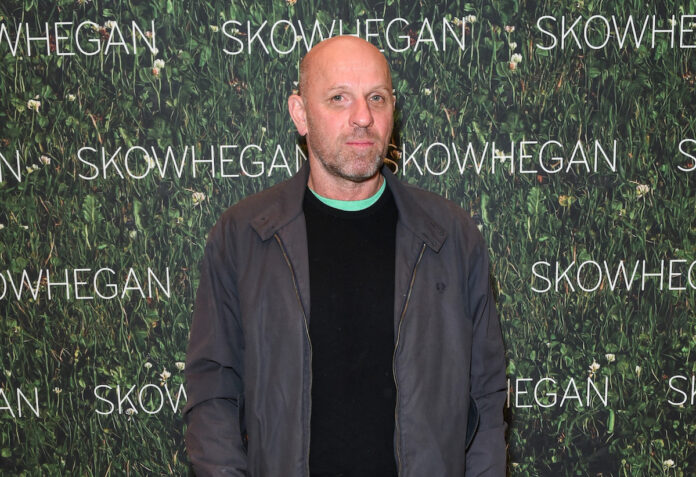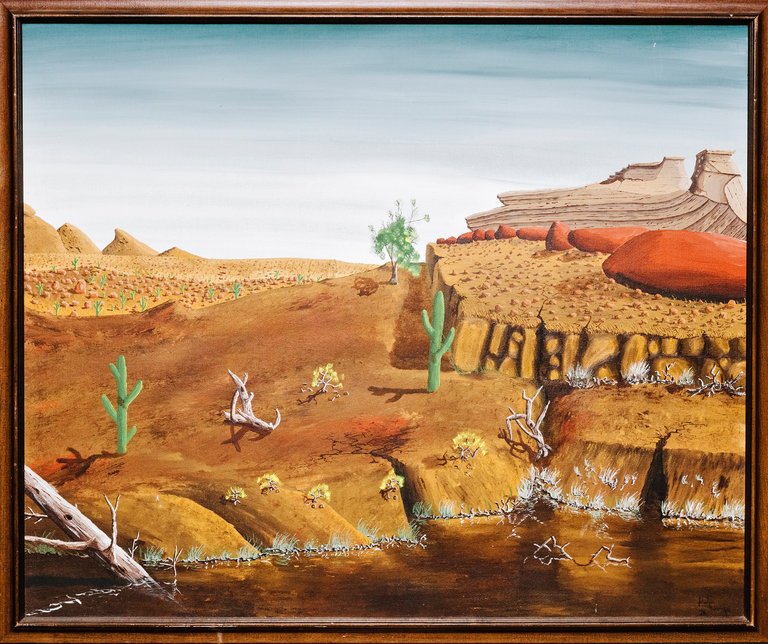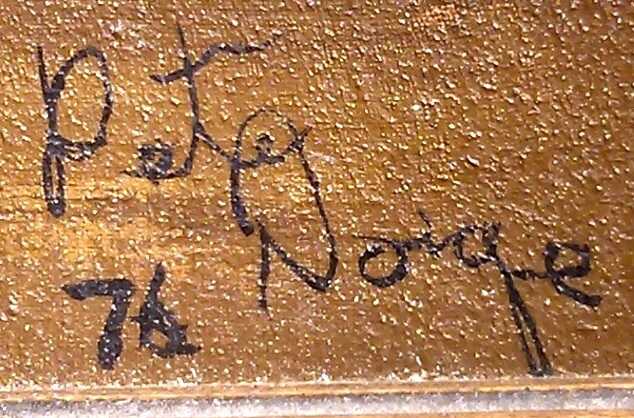
Peter Doig is a famous artist. His works are sold for large sums at auctions. The artist is set to receive $2.53 million in a lawsuit over a 1976 painting he claims he didn’t paint.
The lawsuit was filed by a former corrections officer who alleged that Doig did the work while in prison. But the artist denied this claim. In 2016, a judge ruled that Doig did not paint the canvas. But only a month ago the officer and his lawyer were ordered to pay him. The news of the lawsuit was first reported by the New York Times.
Judge Gary Finerman of the United States District Court for the Northern District of Illinois wrote in his decision that the former corrections officer and his attorney harassed Doig without objectively reasonable grounds and made reckless or misleading statements in the complaint.

Notably, former corrections officer Robert Fletcher originally planned to sell the work through the Bartlow Gallery in Chicago, which was also a plaintiff in the case. In 2013, the Fletcher and Bartlow Gallery sued Doig and claimed that the artist deliberately lied to prevent them from selling the work. This can be regarded as an attempt to tie his name to the painting.
Fletcher said he first met Doig in the 70s and then again when Doig was serving a short sentence at the correctional center where Fletcher worked for possession of LSD. Fletcher went on to claim that he was acting as Doig’s parole officer. He also claimed that one of the friends noticed that the painting, which allegedly hung in Fletcher’s house, was signed by Pete Doig.

For his part, Doig said:
- he was never sent to prison;
- he had never been to Lakehead University, the Canadian school where Fletcher claimed to have met the artist;
- he was not the author of the work.
Adding to the intrigue was what appeared to be a misidentification. Doig’s lawyers presented evidence that the painting was in fact owned by Peter Edward Doig, whose sister said he visited Lakehead and that at one point he was an inmate at a nearby penal colony.
William F. Zieske, a lawyer for Fletcher and Bartlow Gallery, said in an interview with the Times that the lawsuit would limit the propensity for lawyers to take on such cases against those with literally unlimited funds at their disposal.
























